- Category
- War in Ukraine
How Serious is Russia’s Threat of Nuclear Weapons Against Ukraine? Here's What Experts Think
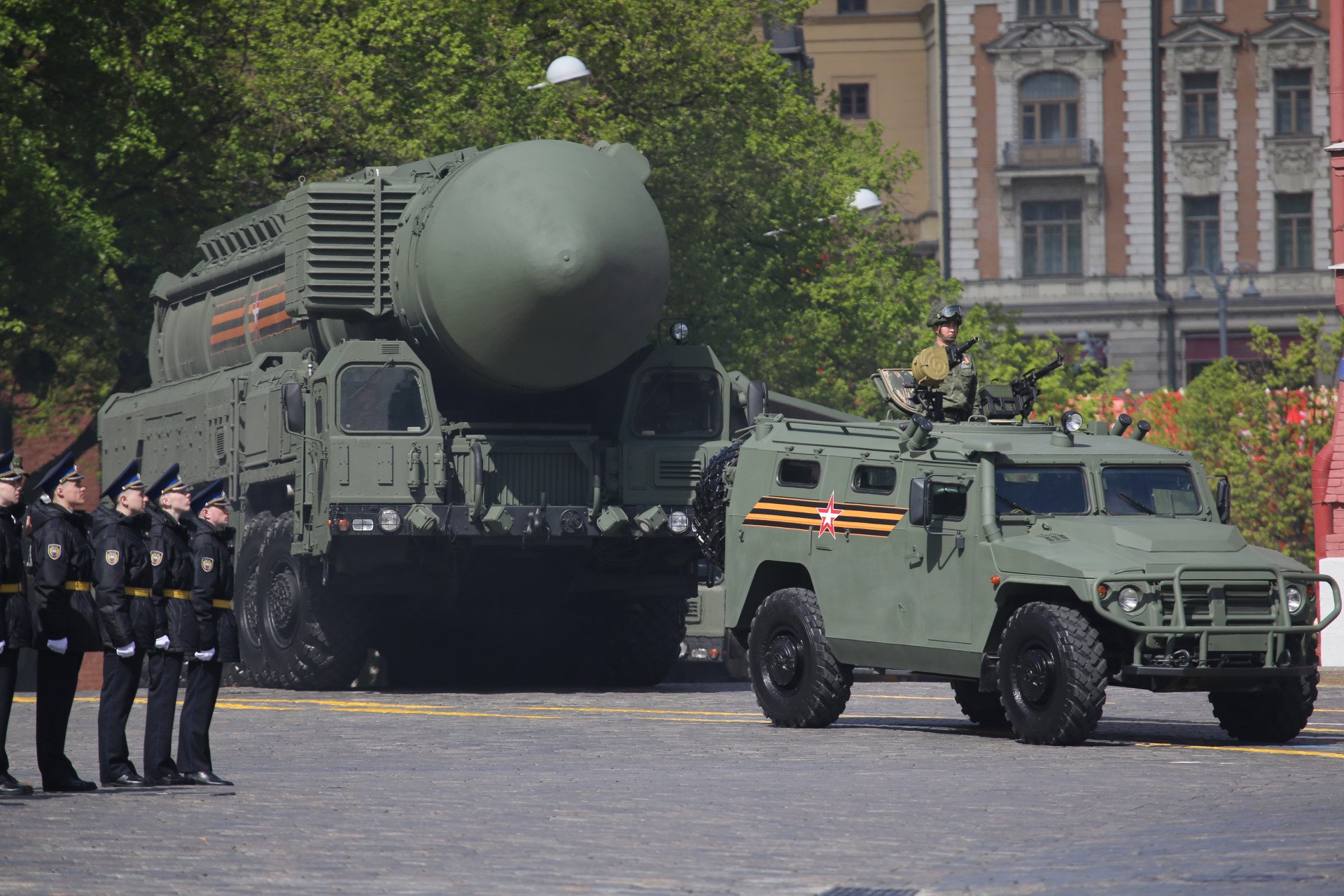
Yesterday marks the anniversary of Ukraine disarming itself from nuclear warheads, while Russia continues to threaten Ukraine with them. Though the Kremlin is unpredictable, what do experts say about Russia’s threat of nuclear weapons?
5 December 2024, marks the 30th anniversary of Ukraine voluntarily disarming itself of nuclear warheads in exchange for sovereignty and security assurances from the US, the UK, and Russia, known as the Budapest Memorandum.
Ukraine gave up the world’s third-largest nuclear arsenal. Its official title, “Memorandum on Security Assurances in connection with Ukraine's accession to the Treaty on the Non-Proliferation of Nuclear Weapons,” was to become a significant step in strengthening global nuclear disarmament, serving as an example for other states to give up nuclear weapons.
The Russian Federation was one of the guarantors for Ukraine’s security, however, in 2014 they disregarded the document that they had signed and launched their aggression against Ukraine.
-cf7ea83264cff80a19cf65962cdd61f9.png)
“Russia's violation of the Budapest Memorandum set a dangerous precedent that undermined confidence in the very idea of nuclear disarmament. Instead, we see active attempts by various countries from the Indo-Pacific region and the Middle East to the Euro-Atlantic area to create or expand their existing nuclear arsenals” a statement from the Ministry of Foreign Affairs of Ukraine said.
“Not providing Ukraine with real, effective security guarantees in the 1990s was a strategic mistake that Moscow exploited”
Ministry of Foreign Affairs of Ukraine
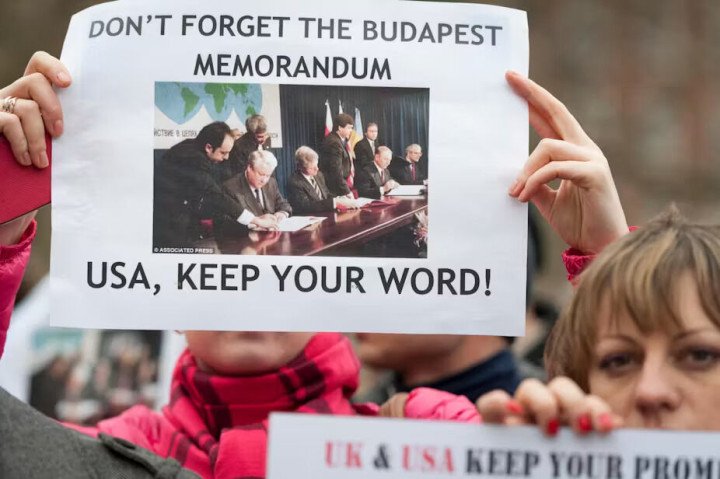
A petition for the “restoration of the nuclear status of Ukraine” was launched on the official presentation of the President of Ukraine’s website.
“The Budapest Memorandum, turned out to be in fact "toilet paper", as it does not oblige the signatories to provide real support to Ukraine.”
Petition - “Restoration of the nuclear status of Ukraine.”
Throughout the full-scale invasion, Russia has repeatedly threatened a nuclear response if Western support for Ukraine increases.
Threats from Putin and Kremlin officials have been almost monthly. Their threats have caused some serious concerns in the West, causing delays in arms deliveries, and restrictions on the use of Western weapons.
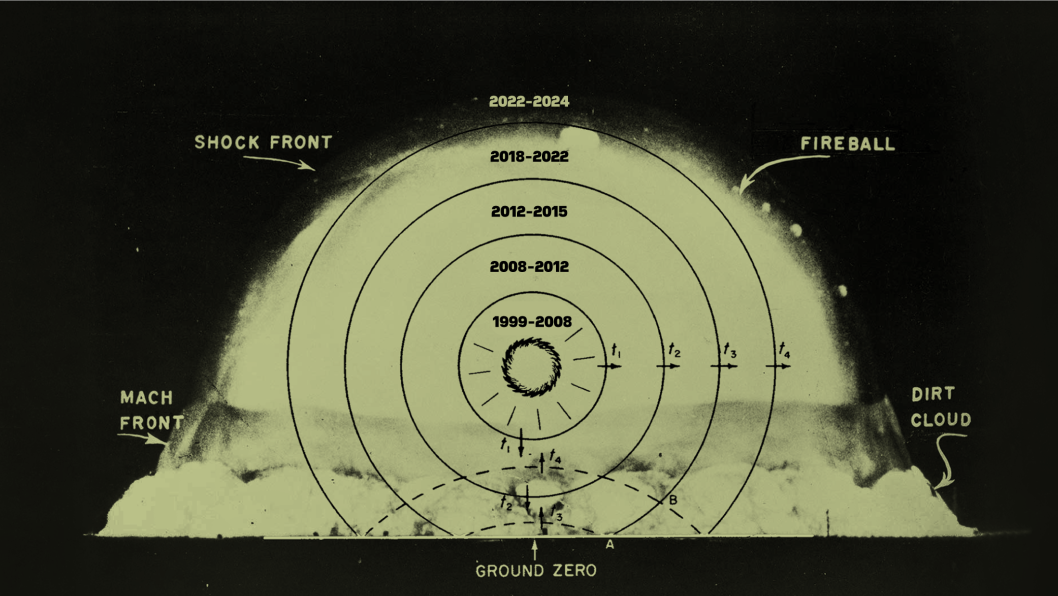
The threat of nuclear weapons is undoubtedly a scary one, and should always be treated seriously. It’s difficult to truly analyze Putin’s intentions or what the Kremlin’s national security and foreign policy leaders are discussing behind closed doors. However, experts generally believe that a nuclear attack isn’t likely – here’s why;
Will Putin launch a nuclear attack?
Empty threats and repeatedly redrawn red lines
Moscow has persistently threatened the West that crossing their so-called “red lines” would drag NATO into war with Russia. Initially, the US took these threats very seriously, but Russia’s relentless red-line rhetoric has weakened over time and is now taken far less seriously by the West.
“The most important red line has been crossed already—when the Russians entered Ukraine,” Danish Prime Minister Mette Frederiksen said on September 23.
Russia reportedly made 15 high-profile statements about “red lines” in 2023 and in 2022, the Kremlin made 24 “red line” statements to the West.
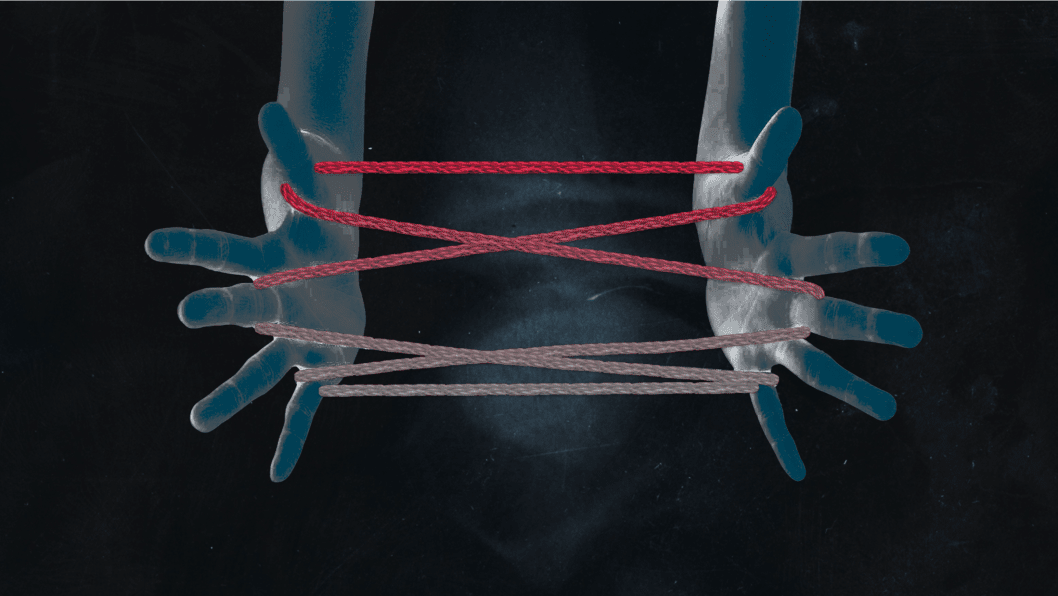
NATO Secretary General Jens Stoltenberg said on September 18 that he was doubting Putin's threats. "There have been many red lines declared by (Putin) before, and he has not escalated, meaning also involving NATO allies directly in the conflict. He has not done so, because he realizes that NATO is the strongest military alliance in the world.”
The US lifted restrictions on using long-range ATACMS missiles inside Russian territory. This was one of Putin's latest red lines which again, was crossed by the West.
On the same day as Ukraine first employed ATACMS, 19 November 2024, Russia officially adopted a new nuclear weapons doctrine lowering the threshold for a nuclear strike, considering a strike in response to a conventional attack on Russia or its ally, Belarus, and could launch nuclear weapons to an attack on its territory by a non-nuclear-armed state backed by a nuclear-armed one.
Retired US Army Lieutenant General Ben Hodges told United24 Media that inaction from the West only leads to more Russian aggression, and he believes that Russia won’t use nuclear weapons. “Russia's not ready to use a nuclear weapon. There's no benefit for Russia to use a nuclear weapon for them at all. The benefit comes from the threat that they might because they see how it causes us to hesitate.”
Experts from the European Leadership Network (ELN) say that the Kremlin's latest doctrine is in a nutshell, “a consequence of the cautionary tale – “the boy who cried wolf”. In this case, Putin’s overreliance on nuclear threats with the West continues to sidestep Russia’s repeatedly redrawn redlines.
ELN said that Putin’s persistent threats serve as an instrument of coercion and deterrence, inflicting psychological warfare for political leverage calculated to pressure his opponents while avoiding outright use.
Retaliation and contamination
During the current Kursk incursion, Zelenskyy confirmed that the Ukrainian Armed Forces has not attempted to seize nuclear power plants (NPP), “we didn't even try," he said. “If we wanted to occupy their nuclear power plant, we could do it” he added.
A tactical nuclear strike by Russia wouldn’t be able to eliminate all of Ukraine’s Armed Forces, therefore Russia would be vulnerable to retaliation.
William Alberque at the International Institute for Strategic Studies argued that there “are no attractive military targets” for Russia to strike. “Ukraine does not operate with a large enough concentration of forces to justify a 10–100 kiloton blast. Smaller nuclear weapons would be of even less use, as below 10 kilotons their effects are overtaken by those of high-end precision mass-effect artillery.”
There are 9 NPPs in Russia and four of them – in Smolensk, Kursk, Novovoronezh, and Rostov, are in the range of the US-made ATACM missiles that Ukraine is firing into Russian territory.
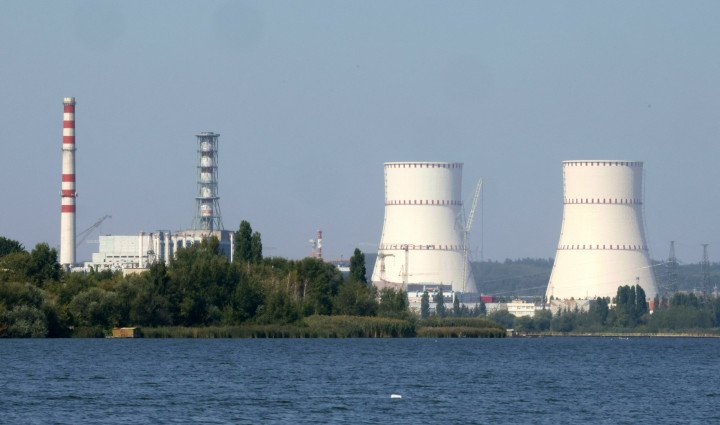
Nuclear physicist and expert on the Russian Social and Ecological Union Radioactive Waste Safety program, Andrey Ozharovsky told Russian reporters that the Kursk NPP reactors lack a protective shell making it vulnerable to large-calibre projectiles and missiles. “If damage occurs, the worst could happen again, i.e. the graphite could catch fire and cause the reactor to collapse and release a huge amount of dangerous radioactive substances into the environment, which is what actually happened at the Chernobyl nuclear power plant.”
Ozharovsky notes that radiation contamination could travel as far as Moscow.
Senior Policy Director John Erath for the Center for Arms Control and Non-Proliferation says that “it doesn’t make sense to use a weapon that leaves a lot of residual radiation on territory you want to occupy and in proximity to your own troops. So militarily, there’s little reason to use a nuclear weapon.”
Alberque argued that Russia’s nuclear threats “are not credible” and said that a nuclear strike would “obviously increase Ukraine’s will to fight and it would also increase global support for Ukraine’s struggle.”
“The US and its allies would destroy Russia’s troops and equipment in Ukraine – as well as sink its Black Sea fleet – if the Russian president, Vladimir Putin, uses nuclear weapons in the country,” former CIA director and retired four-star army general David Petraeus warned.
Though it’s not clear how NATO would retaliate, in 2022 US President Joe Biden said that Russia’s use of nuclear weapons would be an “incredibly serious mistake.”
Russia would lose its allies
After Putin revised and updated his nuclear doctrine, Lin Jian, a spokesperson for China's Foreign Ministry called on all sides to "remain calm and restrained and jointly seek de-escalation."
According to Financial Times sources Chinese Leader Xi Jinping warned Putin against a nuclear attack on Ukraine.
⚡️ Zelenskyy: Over 2,000 “Shahed” drones launched by Russia against Ukraine in October contain more than 170,000 components from China, the U.S., and Europe—parts that should not be accessible for supply to Russia.
— UNITED24 Media (@United24media) November 2, 2024
Many electrical components for Russia’s missiles and other weapons come from China. Russia has heavily relied on these components to enhance its capability to wage war against Ukraine.
Jamie Shea, a former deputy adviser to the NATO Secretary General said that it is “hardly possible for Russia to use nuclear weapons in Ukraine without Beijing’s approval or acquiescence.” In an interview with Times Radio Shea said that for Russia “there would be a terrible price to pay, with very little military advantage”.
“Putin knows that there would be a terrible price to pay.”
— Times Radio (@TimesRadio) August 14, 2024
Russia’s relationship with China would “suffer enormously” if tactical nuclear weapons were used, says former Nato deputy assistant secretary general Jamie Shea.
📻https://t.co/SSrNQUYVCG | @StigAbell pic.twitter.com/BKaSy0ftLQ
-46f6afa2f66d31ff3df8ea1a8f5524ec.jpg)
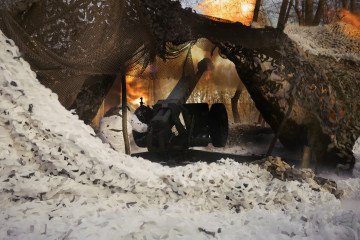
-0666d38c3abb51dc66be9ab82b971e20.jpg)
-35249c104385ca158fb62273fbd31476.jpg)


-554f0711f15a880af68b2550a739eee4.jpg)

